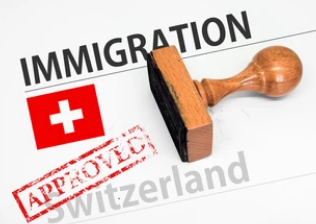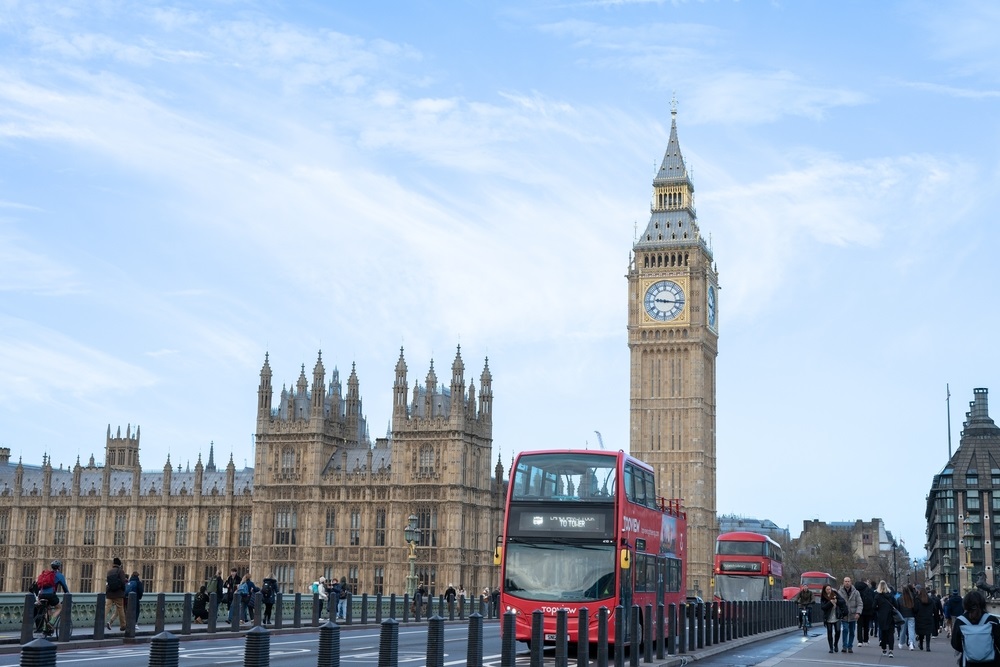A question that often comes up when considering moving to Switzerland is “what are the pros and cons of holding a residency permit in Switzerland?”
There are various advantages to holding a Swiss permit, other than allowing the holder to live in Switzerland. Depending on the type of B or L permit, that person is allowed to study, work as an employee or an independent, set up a company, receive unemployment indemnities or live in the country without working.
The B permit also allows its holder to bring their family to Switzerland with them under family reunification. The permit obtained by the family member (spouse and children) would also be a B permit, which allows its holder to work in Switzerland without any restrictions as long as the family member lives under the same roof than the main B permit holder.
Switzerland being part of the Schengen Agreement, any foreign national who holds a Swiss B permit can travel within other member countries of the Schengen Agreement without further visa requirements for a maximum of 90 days.
There are however a few points that could be considered as “cons”.
A foreign national holding a Swiss B permit must subscribe to a medical insurance (starting at minimum CHF 350.- per month) and declare and pay their taxes in Switzerland. The permit holder must therefore be able to provide a valid address of domicile in Switzerland and have transferred his center of interest in the canton.
To maintain a B permit, the permit holder must spend at least six months a year in Switzerland. The permit is considered as revoked after a period of over six consecutive months spent abroad. For an EU-27/EFTA citizen moving across the Schengen area and living in two different countries, it is assumed that the permit holder pays taxes in Switzerland and spends at least 180 days in the country.
As non-Europeans obtain principally their B or L permit through their employer, their work permits are usually linked to their job for the first three years. This means that they cannot change employers during those years, unless for exceptional cases.
A non-EU retiree who obtains B permit cannot change cantons in the first five years without authorization.
Another point to consider is the fact that a B permit cannot be “paused” but a C permit can, up to four years if the discretionary power of the canton allows the request.
For naturalization purposes, the C permit holder must be living most of his time in the country and be fully integrated in his canton/commune to be able to apply. Some derogations apply for study purposes or professionnal training.
The impact of the Covid pandemic on B and C permit holders has been interesting in terms of remote working opportunities and movement of Swiss permit holders across borders. There has never been so much demand for “freezing” a C permit to be able to work from a foreign country or applying for a B permit to be able to work from Switzerland for an employer based overseas. However, the applicant should keep in mind that the notion of being integrated into his canton of domicile is considered as a key point for moving to a C permit or to be able to request the Swiss citizenship.
03/03/22 – Alexa Mossaz, immigration specialist at Legal Expat




